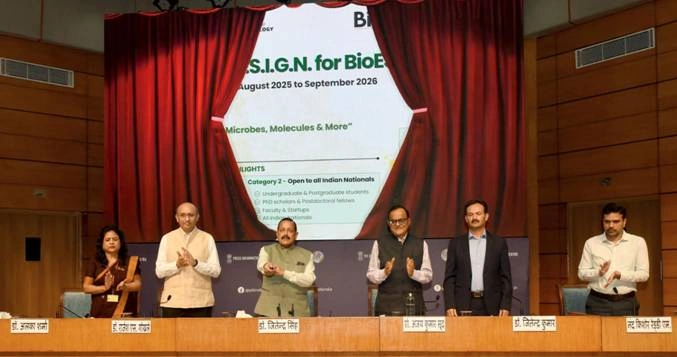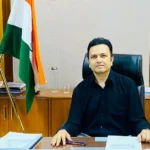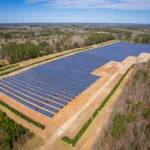Union Minister of Science and Technology Dr. Jitendra Singh on Thursday launched the BioE3 Challenge for Youth and India’s first National Biofoundry Network, marking one year of the Biotechnology for Economy, Environment and Employment (BioE3) Policy. He said the initiatives aim to make biotechnology a key driver of India’s growth in economy, environment and employment, Aug. 28, 2025.
“India’s bioeconomy has grown from just $10 billion in 2014 to $165.7 billion in 2024, and we are now working towards a target of $300 billion by 2030,” Singh said. He noted that India’s biotechnology sector has achieved several milestones in the past year, including the opening of the country’s first Biomanufacturing Institute at Mohali and the creation of bio-artificial intelligence hubs, biomanufacturing hubs and biofoundries nationwide.
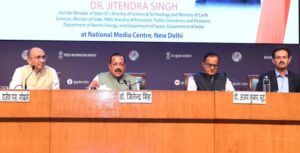
More than a dozen joint research calls have also been launched in areas such as cell and gene therapy, climate-smart agriculture, carbon capture and functional foods, attracting over 2,000 proposals. The Department of Biotechnology (DBT) has additionally signed a memorandum of understanding with the Indian Space Research Organisation to cooperate in space biotechnology and biomanufacturing. Earlier this year, three DBT-supported experiments were conducted on the International Space Station by Gaganyatri Group Captain Subhanshu Shukla.
At the state level, DBT has partnered with Assam to set up a BioE3 Cell with a state action plan. Globally, India’s missions in 52 countries have provided feedback on the BioE3 Policy, with DBT and the Ministry of External Affairs working on follow-up actions.
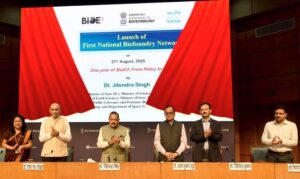
The BioE3 Challenge for Youth, themed “Design Microbes, Molecules & More,” will invite monthly submissions starting October 2025 from students, researchers, startups and innovators. The top 10 solutions each month will receive ₹1 lakh and mentoring support, while 100 selected awardees will be eligible for up to ₹25 lakh in funding through the Biotechnology Industry Research Assistance Council to develop proof-of-concept solutions.
Singh also announced the launch of the National Biofoundry Network, linking six institutions to scale up biomanufacturing and support job creation.
Prof. Ajay Kumar Sood, principal scientific adviser to the Government of India, said the BioE3 Policy represents a strategic step toward building a green, clean and prosperous nation. He emphasized the convergence of biology with fields such as engineering, architecture and space science, which is driving innovations in areas including algae-based carbon capture, biodegradable plastics and organ-on-a-chip systems.
Sood added that with India’s strong science base, the BioE3 Policy will accelerate research and create sustainable jobs, contributing to the vision of an Atmanirbhar Bharat.


